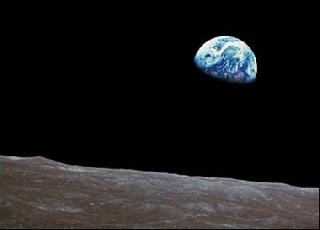
BEIJING (PTI): China on Wednesday said it will launch its third lunar mission Chang’e-3 around 2013, which will be the first Chinese spacecraft to land on Moon to explore its surface.
The mission will also mark the first step of the second stage of China’s ambitious three-phase lunar exploration programme, although a timetable for a manned Moon landing has yet to be announced, official Xinhua news agency reported.
The probe’s mission is to land safely on the Moon and carry out a number of scientific experiments, according to sources with State Administration of Science, Technology and Industry for National Defence.
China launched its first lunar probe, the Chang’e-1 in 2007.
The probe went into orbit around the Moon, transmitting pictures of the Moon’s surface back to Earth before crashing at the end of its mission under the direction of Chinese scientists.
China’s second Moon orbiter, the Chang’e-2 which was sent last year relayed back its first batch of data while orbiting the second Lagrange Point (L2) about 1.7 million km away from Earth.
The orbiter is still in space and scheduled to travel around the L2 orbit until the end of 2012, it said.
Li Chunlai, one of designers for the lunar probe project, said the Chang’e-2 will be the first Moon orbiter in the world to observe solar winds for a fairly long time around the L2, a prime position for studying solar winds.
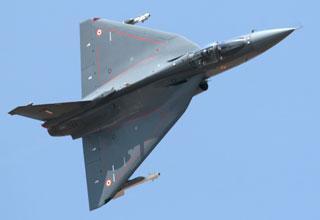 Previous Article
Previous Article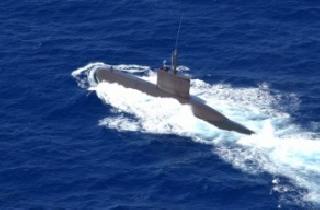 Next Article
Next Article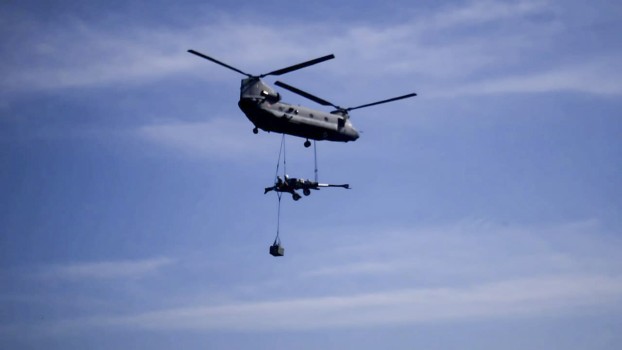


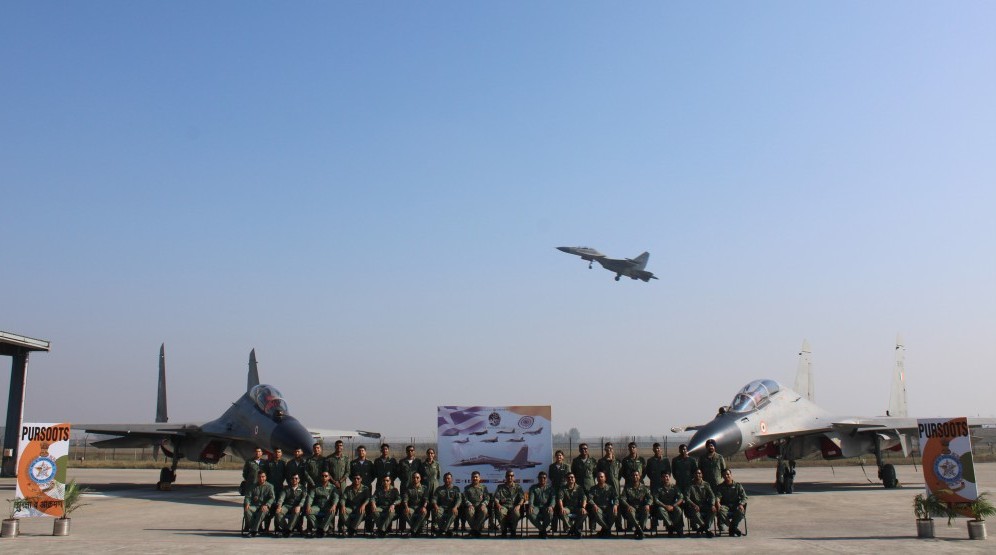










The Indian Air Force, in its flight trials evaluation report submitted before the Defence Ministry l..
view articleAn insight into the Medium Multi-Role Combat Aircraft competition...
view articleSky enthusiasts can now spot the International Space Station (ISS) commanded by Indian-American astr..
view article